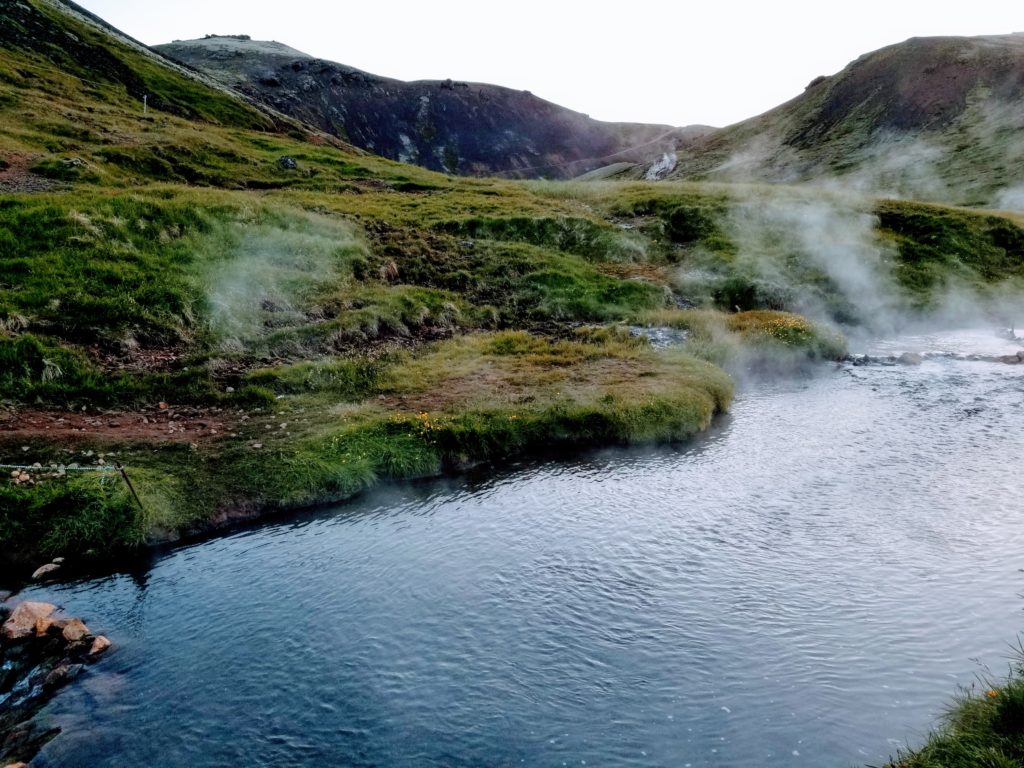When we consider the impact of war, our initial thoughts probably concern the loss of human life. Images of once vibrant cities turned to rubble might come to mind. But we rarely think of the environmental cost of war. Yet the natural world suffers in times of conflict, too. It makes sense that we would grieve for the human victims of war first, but the impact on the environment can cause long-lasting problems across war-torn regions of the world.
Now, there is a push to officially recognize environmental destruction during conflicts as a war crime. A group of scientists is calling on the United Nations to add a new protocol to the Geneva Convention, which would designate certain actions that desecrate the environment as war crimes.
The Geneva Convention is a set of international agreements concerning the treatment of victims and prisoners of armed conflict. These agreements were negotiated and adopted after World War II. Violating the Geneva Convention constitutes a war crime. There were four original protocols, intended to protect sick and wounded soldiers on land during war, wounded, sick, or shipwrecked military personnel at sea during war, prisoners of war, and civilians living in occupied territories. But additional protocols have been added since, so adopting a new protocol wouldn’t be unprecedented.

There are plenty of examples of large-scale environmental destruction that occurred directly as a result of military action and lead to widespread human suffering. For example, during the Vietnam War, the United States military used an herbicide called Agent Orange to clear out dense forests. This operation was allegedly carried out so that they could spot guerrilla fighters hiding in the forests for cover, but the effects were far-reaching and devastating. Agent Orange caused severe birth defects, and millions of Vietnamese people were affected. Even today, babies in some areas of Vietnam are being born with birth defects that can be linked to Agent Orange.
This is far from the only instance of environmental destruction during wartime. In the early 1990s, Saddam Hussein ordered that marshes across Iraq be dammed and drained. This was a tactic for “punishing” the tribes in these areas. This practice reduced overall marshland in Iraq by over 90%, and it even affected the climate: temperatures in the affected areas rose by about 9 degrees F on average.
There are already some new principles drafted to protect the environment in war zones. Soon the UN International Law Commission will convene, and scientists are hoping that there will be an opportunity to build on these principles. Ideally, they want to see these protections adopted into international law. What do these principles cover? A few examples include protecting indigenous territory, designation protected zones in areas affected by conflict, opposition to environmental modification during war, responsibilities for occupying powers with regards to the local environment, and a demand that the military considers environmental impact when engaging in conflict.
Yes, there might be times when it is difficult (or even impossible) to prove that harm to the natural world was a direct or purposeful outcome of military action. But this doesn’t mean that this hypothetical convention would be ultimately worthless. Particularly in the United States, the military is already a huge source of pollution, and accountability is sorely needed. Overall, it would provide another avenue to seek justice.
Furthermore, there is a chance that climate change could exacerbate political instability in some regions: for example, a drought leading to famine could contribute to rising tensions and spark clashes. When it comes to climate change, it seems like everything works together in an endless cycle—the current state of the natural world could lead to more conflict, and those conflicts could further harm the environment. The international community needs to be prepared to deal with this reality, and we need these protections in place sooner rather than later.
At the end of the day, the environment is worth protecting for its own sake—we are nothing without a habitable planet. But environmental destruction also leads to human casualties and suffering. People are still dealing with the harmful effects of Agent Orange today, and it has been decades since the Vietnam War. When military action is carried out with complete disregard for the environmental impact—or with the intent to harm the natural resources in an area—it has ripple effects that can last for generations. At the very least, the efforts to implement this new protocol could push this issue into the public eye and raise awareness of the environmental impact of armed conflict.
Also by Jane: UN Says Most Current Climate Change Plans Will Make Things Worse, Recommends Going Vegan
Democratic Candidates’ Positions On Climate Change, Simplified
Get more like this–sign up for our newsletter for exclusive inspirational content!
__
Photo: Emily Iris Degn




